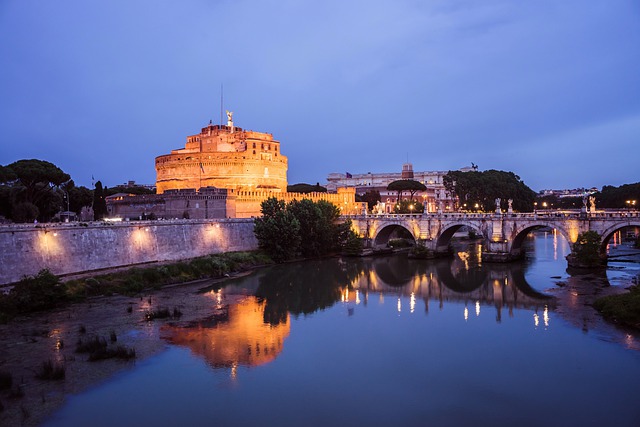
No matter where you go in the world our lives are built from the history that surrounds us. From the entertainment we consume, sports we play, governments we build, and art we enjoy all of it stems from the ancient past. Of these ancient civilizations one stands out above the others, this is the culture of ancient Rome. Here are the reasons why Roman history is still important even today.
There are 5 reasons why Rome is still important today. First, Roman law is the founding block for a majority of western legal systems today. Second, modern military tradition across the world stems from the early Roman Empire. Third, the government of the Roman Republic provides the foundation for modern governments. Fourth, Roman engineering paved the way for modern infrastructure. Fifth, leaders from around the world still study the oratory and leadership profiles of famous Roman leaders.
All of history is important to founding our modern world. Tradition forms a society, society forms governments, and governments form nations. Understanding how these groups began to form, their values, and the lessons they can impart is key to understanding our modern world.
Here at The History Ace, I strive to publish the best history articles on the internet. If at the end of this article you enjoyed it then consider subscribing to the free newsletter and sharing it around the web.
Without further ado, here are the 5 reasons why Roman history is important today.
1.) Roman Law Provides The Foundation For A Majority of Western Legal Systems Today
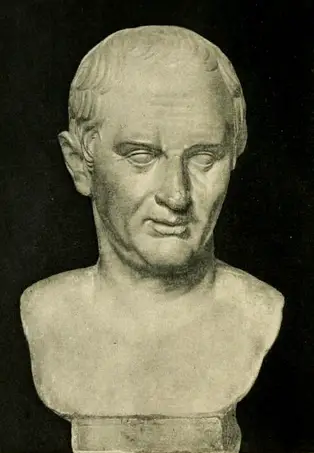
One of the main reasons why Roman history is still important today is because it forms the foundation for a lot of western legal systems. When you travel around Europe, North America, and South America you will often encounter similar laws which ultimately stem from Roman law.
Roman law was never written down but rather was based around a societal norm law called the mos Maoirum. This Latin phrase translated to mean “social norm” and it was used to demonstrate traditionally held values that dictated the law of the local region.
Because of this Roman law was influenced by natural law and the need to prove innocence or guilt before a group of peers. If you claimed that somebody broke the law in ancient Rome you would need to prove it to everyone around you since they would weigh judgment on wheater or not the accused broke traditionally held societal values and laws.
Simply put, Roman law was based on natural law and trial by peers. Further, since Roman law was never written down it was able to be changed by a majority consensus during a trial to fit the demands of the jury. This malleable law is what we call today the “spirit of the law” and it is what all western government’s legal systems are based around.
After Rome fell western Europe continued to keep in place much of the laws and customs left over from Rome. From Spain to Italy, Germany, Denmark, England, and Greece, many of the legal systems in place today are built off general laws which can be traced back to both the Roman Republic and Roman Empire.
As such, one of the main reasons why Roman history is still important today is because the legal framework of the western world was built on Roman law. Studying Roman history exposes people to this framework and helps them better understand and study modern legal theories today.
2.) Western Modern Military Tradition Stems From The Roman Empire
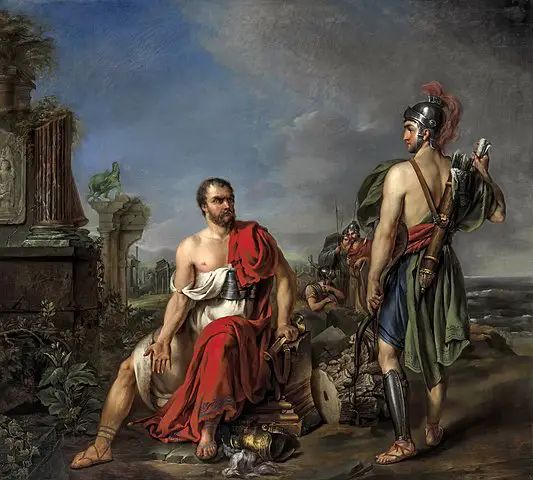
One of the main reasons that Roman history is still important today is because much of the world’s modern military tradition stems from the Roman Empire. The history, traditions, and customs of each nation’s military are different but the way it is formed and trained comes from ancient Rome.
Initially, most of the armies of the ancient world were composed of volunteer militia members who provided their own equipment and training. This was a standard during the city-state stage of most civilizations as there was no central treasury that could equip and arm each soldier.
During the early years of the Roman Republic, this was the case. Only the ‘middle class’ and elite of Rome could afford to buy the weapons, food, and training necessary to be a member of the army. This created a bottleneck in Rome on how large an army could grow.
In 107 B.C Gaius Marius reformed the Roman Military into the western world’s first professional and permanent standing military. Each soldier would be provided equipment, food, and training and in turn, the soldiers were loyal to the state and generals of Rome.
During the Roman Empire, the state/emperor would pay for all soldiers in the army. This army was a permanent standing army that would train and fight year-round to project Rome’s influence across the known world. This trend of professional and permanent armies would continue after the treaty of Westphalia in 1648. This treaty in many ways established modern nations across the western world and lead to the creation of field armies to protect borders.
Studying Roman history better prepares those who enter militaries around the world to better understand how and why they are given the tasks they are given. Further, it helps people understand where the modern organizational structure of militaries comes from.
Simply put, Roman history is still important today because much of our western military tradition stems from the Roman Empire.
4.) Roman Engineering Paved The Way For Our Modern Infrastructure
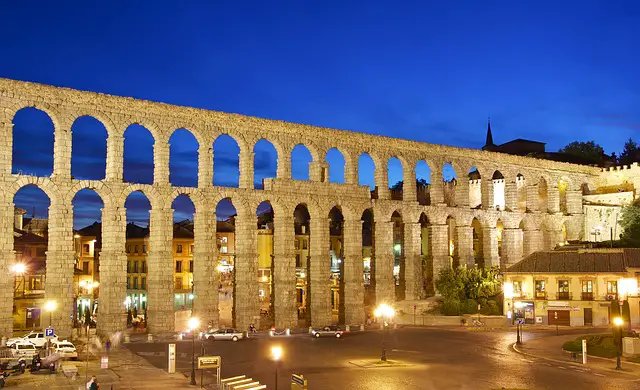
One of the biggest reasons why Roman history is still important today is because of the development of Roman engineering which paved the way for the infrastructure we enjoy today.
Roman civilization was one of the first that had to deal with the problem of administering and supporting a massive population. Recent estimates have positioned the total population of the Roman Empire under Augustus at a staggering 45 million people with a massive 1.2 million of them living in Rome alone. This means that by the first century AD the Roman population was around 16% of the total world’s population!
Such a massive population started to create massive problems for the administration of the Roman Empire. Feeding, housing, defending, providing jobs, and basic ‘healthcare’ became a major agenda for the Roman Emperors. From Augustus, up until the end of the Empire, each Roman emperor would invest heavily in infrastructure.
Further, what the Romans built was designed to hold up to time. This is because the funding of each building came from wealthy families and the emperor who made the building a personal testament to their power. As such if a patron commissioned a temple they expected to build an amazing building that would stand ‘forever.’
As a result of this Rome started building roads across the Empire to move legions faster. Started building aqueducts and baths to provide water and help with sanitation in large cities. Massive temples such as the Parthenon were constructed with cutting-edge architecture. Hidden Roman palaces were built to demonstrate the grandeur of the Empire. Finally, Rome would construct massive 3-story tall shopping malls where citizens could buy goods coming from all over the Empire. All of these came about under Rome and can be visited today almost 2,000 years later.
Today we enjoy roads, running water, shopping malls, resort towns, giant cathedrals, museums, and massive state buildings all because of Roman engineering. It is hard to walk through any large capital city on the planet and not see inspirations drawn from ancient Rome.
5.) Leaders From Around The World Study Oratory and Leadership Profiles of Ancient Roman Leaders
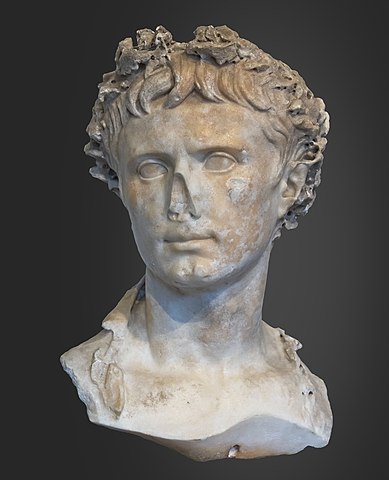
One of the main reasons why Roman history is important today is because leaders from around the world study the leadership and oratory profiles of ancient Roman leaders.
Leadership lessons from Julius Caesar, Augustus, Domitian, and Marcus Aurelius are vital to understanding how a Roman leader was expected to act. Each Roman Emperor handled events in their own way while also demonstrating the gravitas of their actions to those around them.
From this Roman leaders would gain Auctoritas or Authority. This is important because a Roman leader was expected to act a certain way when around those they were leading. This in turn would cement their ability to lead and give they authority.
This ground-up approach to leadership has impacted nearly all western leaders to this day. In fact, one of the most important books on leadership and stoicism, Meditations, was written nearly 2,000 years ago by the Roman Emperor Marcus Aurelius. This book remains on the vital reading list by presidents worldwide and has been used to study both modern and ancient leadership.
Leadership is one thing but how these leaders would galvanize people to act is another. For this modern politicians, business leaders, and military officers around the world study how Romans would give speeches to large crowds. Roman oratory remains one of the most important reasons why knowing Roman history is still important.
When you study Cicero, the Gracchi, Gaius Marius, Sulla, Julius Caesar, Pompey Magnus, and the great Roman Emperors you can recognize that they all had one thing in common; they wrote and spoke well enough to convince millions of people to act on a cause.
These Roman leaders all were capable of writing and speaking eloquently. They would tailor speeches to convince a crowd of the importance of their actions. As such one of the most important reasons why Roman history is important today is because it teaches us lessons in leadership and oratory that are still applicable today.
Conclusion
There you have it; an entire article going over the 5 reasons why Roman history is important today.
Studying Roman history is not just for fun. Sure some of the stories in antiquity are absolutely crazy but the real reason to study any history is to become more aware of the world’s culture and to learn from past lessons on how society fixed, caused, or avoided a problem.
I hope you enjoyed this article. Here at The History Ace, I strive to publish the best history articles on the Internet. Feel free to subscribe to the newsletter and share it around the internet.
Further, you can check out some of the other articles below.
-
How The American Revolution Changed The World
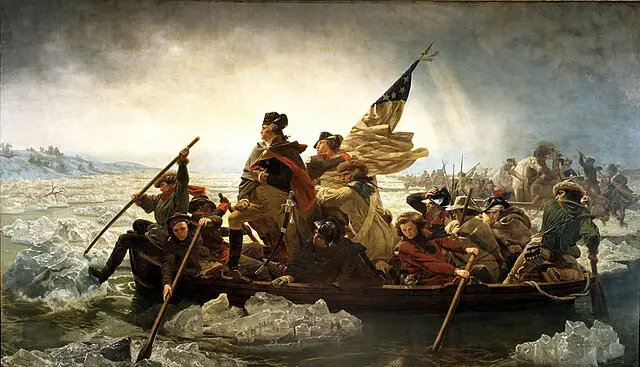
Here is how the American Revolution changed the world. Many people are not aware of just how important this event actually was.
-
Why The Roman People Loved Chariot Racing
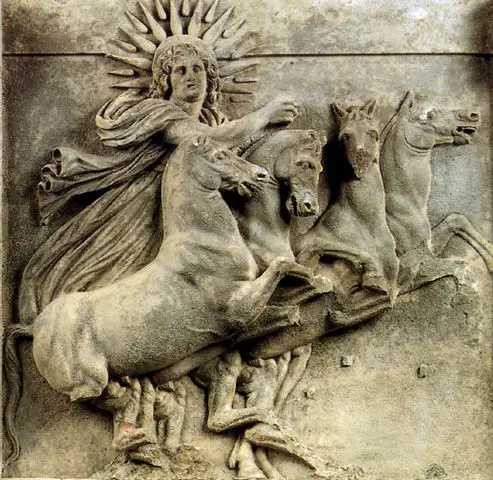
Why did the Roman people love chariot racing? Well it all comes down to these 3 reasons.
-
The Design and Color of Roman Chariots
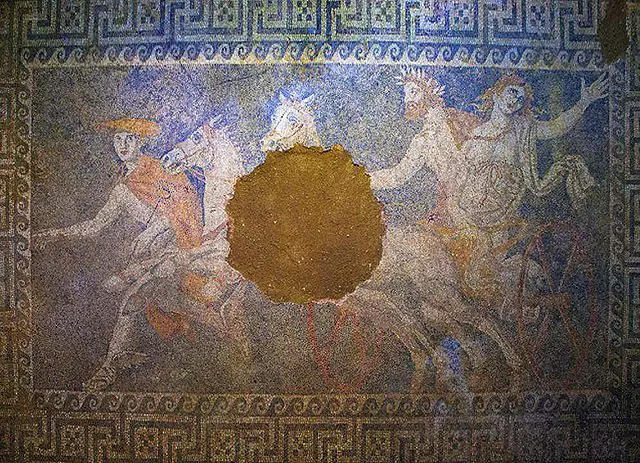
What was the design and color of Roman Chariots? Were they faster or slower then normal chariots? Well here is everything!